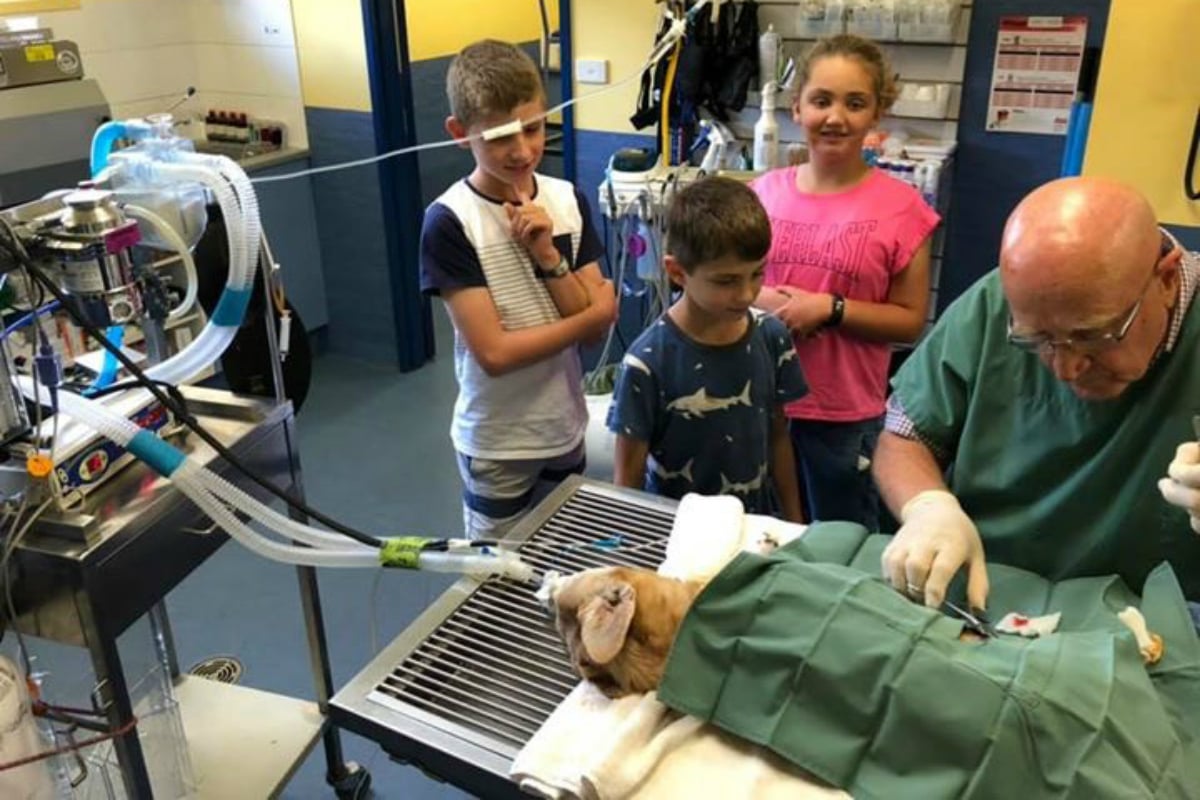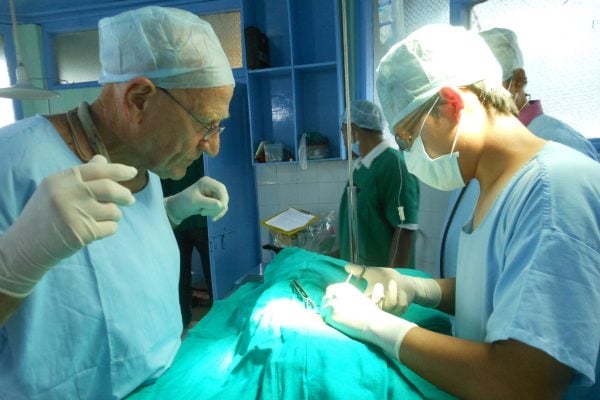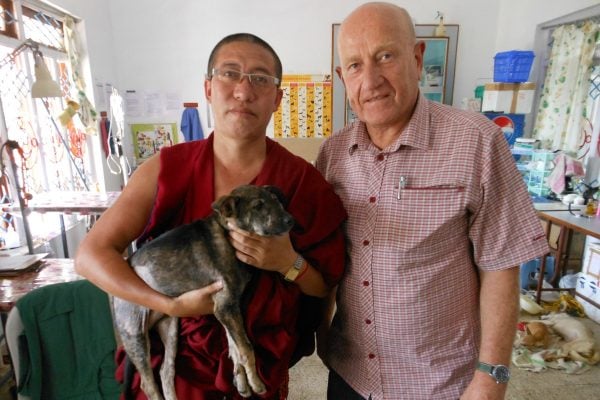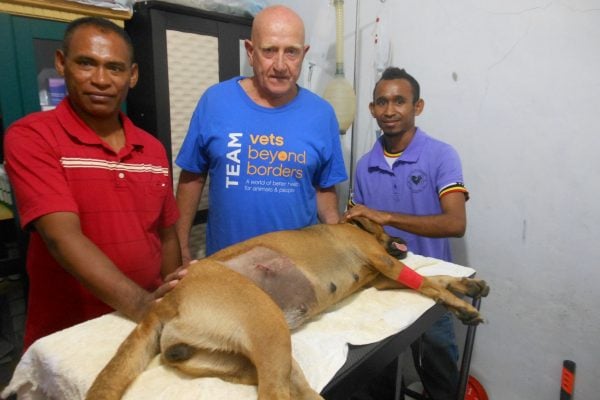
Long hours, being continually on call and tough emotional challenges are just some of the relentless difficulties faced by our vets who work in regional and rural environments.
They are also some of the main factors behind the high level of mental health issues affecting the profession.
The Australian Veterinary Association says that vets at a “significantly higher risk of suicide than the general population. In everyday terms, most veterinarians know a colleague or know of a fellow veterinarian who has committed suicide”.
“While other healthcare professionals such as doctors, pharmacists, dentists and nurses are around twice as likely to commit suicide than the general population, veterinarians have been shown to be up to four times more likely to fall victim to suicide.”
David Gray, a veterinarian of almost 50 years, says the life of a regional or rural vet is hard and most definitely plays a part on their mental health.
“The average suburban vet doesn’t do after hours work. Regional and rural vets do, and it is the biggest drain on your sanity and on your family life,” he tells Mamamia.




Top Comments
We had a lovely vet who was so wonderful when we had to have our fifteen year old dog put to sleep. She was so gentle and kind, with us and with him. It was obvious how much she cared for animals.
The farming/rural community should be a wealthy lot - given how they vote for the LNP who are supposed to be "the best with the economy". There should not be a need for any vets to work such extreme hours - supply and demand should provide for more vets and they should be paid well.
Or maybe the neo-liberal philosophy is failing all and the vets and their customers need a new politic and economy paradigm for Australia
Wow, way to find the negative in an article about such a giving soul! It must be exhausting for you to live your life always looking for the down sides.
Not to mention, it's a naive viewpoint. Country vets, and the expectations and conditions they work under, are similar to country doctors. There's heaps of DEMAND for their services, but very few people willing to put in the personal sacrifice required to fulfil that demand. Nobody wants to be on call 24/7, and nobody wants to be worked to death.
Bringing politics into an article about vets who are extraordinary people who see the worst of humanity? Seriously, what a tragic, sad and nasty piece of work you are! I feel sorry for you.
With an election on the way - I'm bracing myself for a flood of comments and responses of a similiar ilk regardless of the topic.